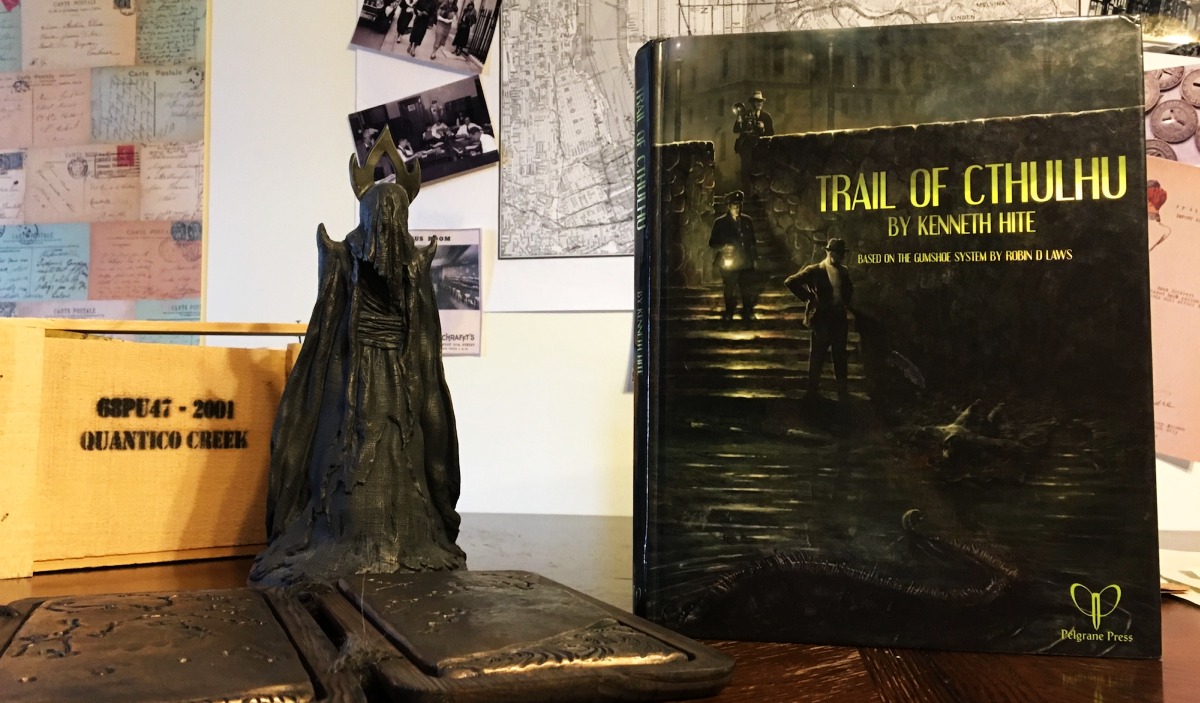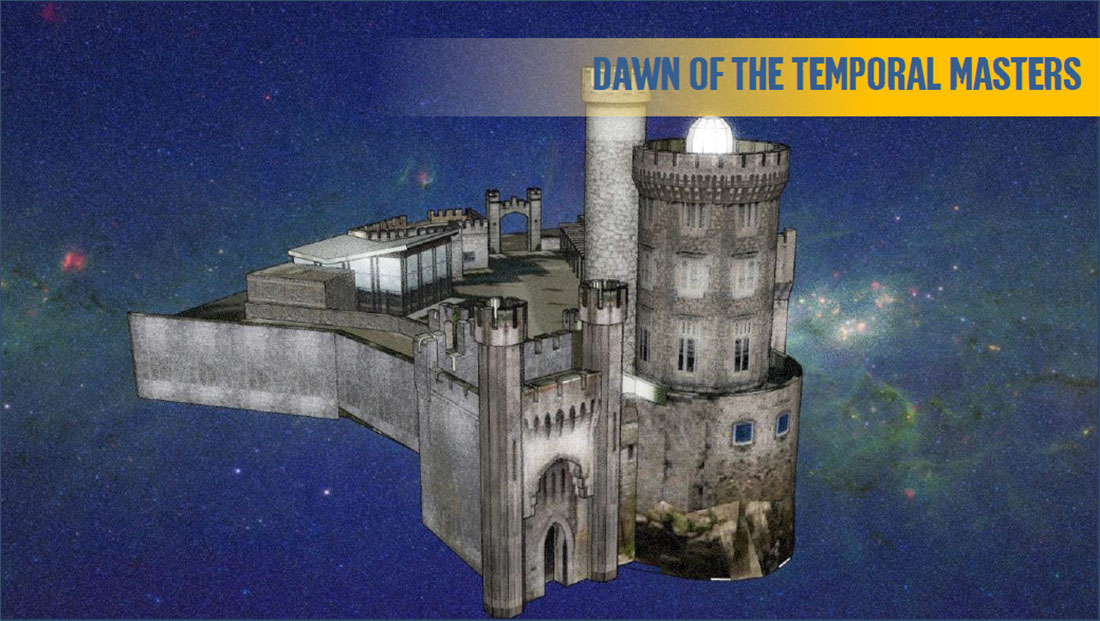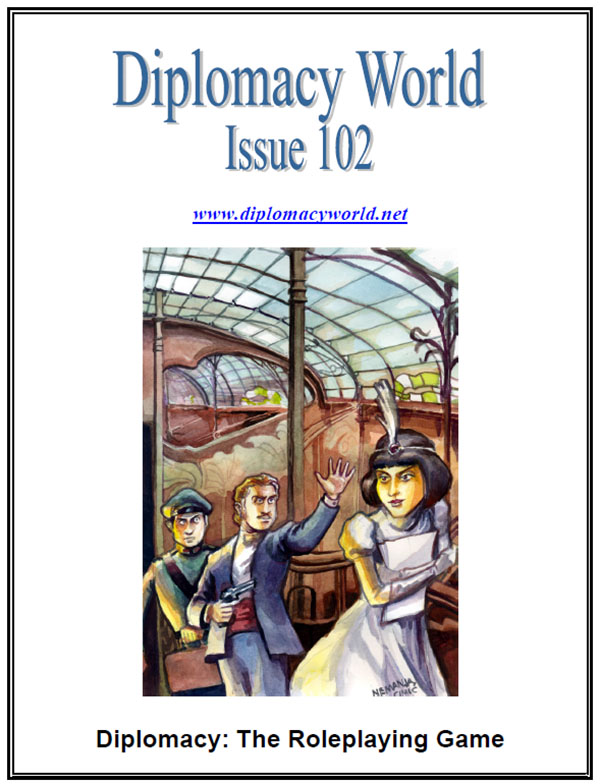
Shut Up & Sit Down have published a review of Trail of Cthulhu based, in part, on the reviewer playing in my current Eternal Lies campaign.
MILD SPOILERS FOR ETERNAL LIES
Those of you who have been following the Alexandrian for awhile will remember that back in 2015 I prepped the Alexandrian Remix of the epic Eternal Lies campaign by Jeff Tidball, Will Hindmarch, and Jeremy Keller. I am now running the campaign for a second time for a new group, including a co-GM who played in the original run of the campaign.
This run of the campaign has seen several tweaks and improvements to the Remix, including (as highlighted in the SUSD review) a full-scale model of a graveyard built in my backyard:

It also contains highlights of several of the dioramas I prepped for the campaign, such as this one from Los Angeles:

It’s likely that I’ll be sharing my fully-tweaked version of the Remix at some point in the future, either here on the Alexandrian or over on Yog-Sothoth.com.
But, for now, check out the review.
Filed under: Roleplaying Games | Comment (1)

Places to Go, People to Be has translated two more of my essays into French. This time it’s Don’t Prep Plots and Don’t Prep Plots: The Principles of RPG Villainy.
Interesting factoid about Don’t Prep Plots: It includes the summary of a plotted adventure. After presenting that brief summary, I included this note:
(This is derived from an actual, published adventure. Names and milieu have been changed to protect the innocent. Bonus points to anyone who can correctly identify the original source.)
I actually expected that someone would quickly twig to the identity of the published adventure I was talking about and identify it. But no one ever has.
Don’t Prep Plots: The Principles of RPG Villainy, on the other hand, was the first Patreon-sponsored post here on the Alexandrian. As always, my appreciation goes out to all of the amazing Patrons of the Alexandrian, without whom this site would be a more barren place and PTGPTB would have fewer things to translate.
Previous translations from PTGPTB include Three Clue Rule and Node-Based Scenario Design.
Filed under: Roleplaying Games, Site News | Comment (0)
Here’s a quick miscellanea of some Alexandrian-related material that you can find around the internet at the moment.

Martin Tegelj has posted the latest installment of the RPG campaign he’s developing based on my pitch for Doctor Who: The Temporal Masters. There are currently six adventures in the series. Although only some of them are directly related to the Temporal Masters, I recommend checking out all of them:
A Conversion Before Christmas
Something Old, Something New
Dawn of the Temporal Masters
The Riot
(Prelude: Donna)
Fugue State
Alliance of the Daleks

Jose Manuel Real has translated the Three Clue Rule into Spanish as La regla de las tres pistas. I’m not fluent in Spanish, but if you do, you should check it out.

Hebrew is another language I am completely illiterate in, but Oded Deutch has also translated the Three Clue Rule into his native tongue as כלל שלושת הרמזים.
The Three Clue Rule has proven to be something of a “gateway drug” for better GMing, so I’m always excited to see it getting out in front of a larger audience. Thank you to Martin, Jose, and Oded for being awesome!
Filed under: Site News | Comment (0)
 Last week I posted Diplomacy: The Alexander Rules, an effort to revise the rules of Diplomacy to coherently eliminate the ambiguities and paradoxes which still linger in its strategically rich depths.
Last week I posted Diplomacy: The Alexander Rules, an effort to revise the rules of Diplomacy to coherently eliminate the ambiguities and paradoxes which still linger in its strategically rich depths.
In an act of synchronicity, shortly after posting the Alexander Rules, I promptly discovered that Archive.org has assembled a truly massive collection of Diplomacy zines. Hundreds — possibly thousands — of fan publications drawn from across four decades of activity, including Diplomacy World, Comrades in Arms, Graustark, Spring Offensive, and dozens of others.
It’s an astonishing treasure trove of historical curiosity, nascent game theory, and actual game play that stands as a testimony to the incredible legacy of Allan B. Calhamer’s classic game.
Filed under: Board and Card Games | Comment (1)

Martin Tegelj has posted the third installment in his ambitious adaptation of Doctor Who: The Temporal Masters. Check it out:
Part 3: Dawn of the Temporal Masters

Filed under: Roleplaying Games, Site News | Comment (0)




















